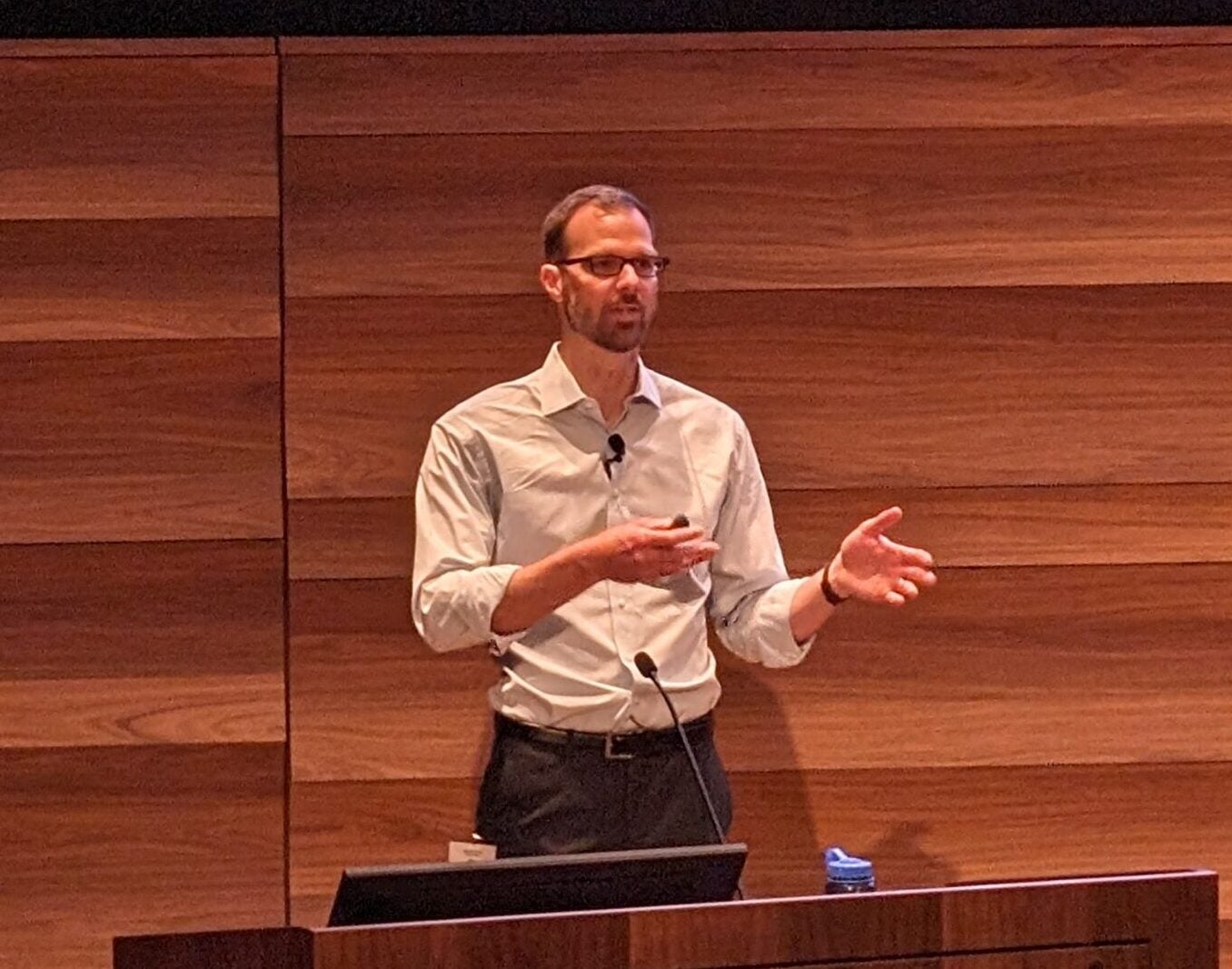Open Sustainability Policy Summit Recap and Video: LF Energy Executive Director Alex Thornton’s Opening Address
The Open Sustainability Policy Summit 2024 kicked off with an opening address by Alex Thornton, Executive Director of LF Energy (video follows below). His speech set the tone for the event, emphasizing the critical role of collaborative innovation in driving sustainability across the energy sector. Here are the key points from Thornton’s presentation:
1. Introduction to LF Energy
- Mission and Vision: LF Energy is a non-profit initiative under the Linux Foundation, dedicated to accelerating the transition to sustainable energy through open source solutions. Their mission is to foster a collaborative ecosystem that advances the modernization of energy systems.
- Strategic Importance: Thornton highlighted the strategic importance of LF Energy’s work in addressing the dual challenges of climate change and energy security. By leveraging open source principles, LF Energy aims to reduce costs, improve efficiencies, and accelerate innovation in the energy sector.
2. The Power of Collaboration
- Community and Partnership: A significant portion of Thornton’s speech was dedicated to the power of community and partnerships. He emphasized that the complexity and scale of the global energy transition require unprecedented levels of collaboration among diverse stakeholders, including industry players, policymakers, researchers, and technology developers.
- Case Studies: Thornton shared several success stories where collaborative efforts within LF Energy’s ecosystem led to impactful advancements. These examples underscored the tangible benefits of open-source projects in driving sustainable energy solutions.
3. Open Source Innovation
- Technological Advancements: LF Energy focuses on developing and deploying cutting-edge technologies that support the modernization of energy infrastructure. Thornton discussed key projects such as Grid eXchange Fabric (GXF) and OpenSTEF, which are designed to enhance grid stability, efficiency, and interoperability.
- Innovation Hubs: He introduced the concept of innovation hubs within LF Energy, which serve as focal points for collaborative development and experimentation. These hubs are instrumental in fostering innovation by bringing together cross-disciplinary teams to work on pressing energy challenges.
4. Policy and Regulatory Engagement
- Advocacy and Influence: Thornton underscored the importance of engaging with policymakers and regulators to create a favorable environment for sustainable energy initiatives. LF Energy actively participates in policy dialogues and advocates for regulatory frameworks that support the adoption of open source solutions.
- Standards and Compliance: He also highlighted LF Energy’s role in developing and promoting industry standards that ensure compatibility and interoperability across different energy systems. This effort is crucial for achieving widespread adoption and scalability of sustainable technologies.
5. Future Outlook
- Strategic Roadmap: Looking ahead, Thornton outlined LF Energy’s strategic roadmap, which includes expanding their portfolio of projects, strengthening global partnerships, and scaling successful solutions. He expressed optimism about the potential of open source innovation to transform the energy landscape and contribute to a more sustainable future.
- Call to Action: In closing, Thornton called on all attendees to actively participate in the open source movement and collaborate with LF Energy to drive meaningful change. He encouraged stakeholders to share their expertise, resources, and ideas to collectively overcome the challenges facing the energy sector.
